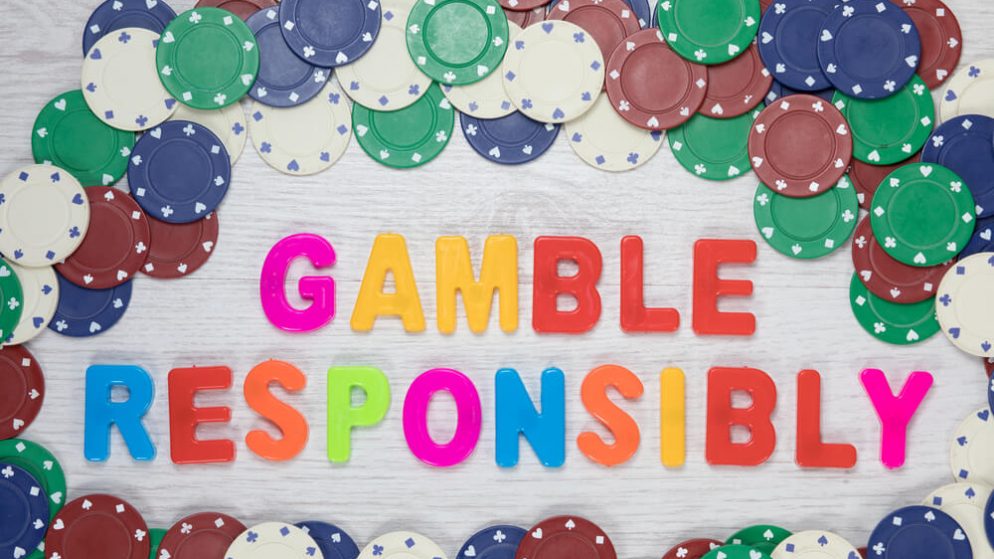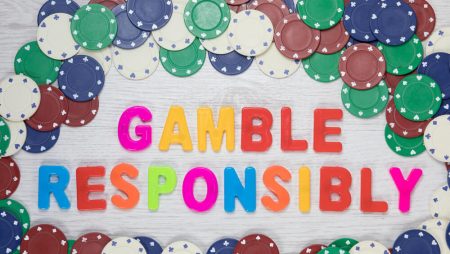

As online and sports betting continues to gain popularity in the US, the need for tighter regulations and guidelines has also arisen. New Jersey, which has emerged as a trailblazer in the gambling industry in the country recently took considerable steps to enhance its responsible gambling initiatives.
Recently, Attorney-General Matthew J Platkin with Division of Gaming Enforcement director David Rebuck announced new standards for gambling advertisements and improved self-exclusion measures. These developments were initiated in response to the growing popularity of iGaming in the state and the entire country.
In March, Garden State experiences a substantial increase in gaming revenue; approximately a 17.8% year-on-year growth. This growth has created a need to protect the public from potentially harmful or misleading gambling advertising. In this regard, Attorney-General Matthew J Platkin and Division of Gaming Enforcement Director David Rebuck emphasized the importance of setting up adequate safeguards and exit options for any individuals that may be struggling with gambling addiction.
The newly introduced standards aim to provide added transparency while protecting vulnerable individuals from developing gambling addictions. The measures consist of providing a hotline number in advertisements (1-800-GAMBLER) while also prohibiting the use of misleading marketing language such as ‘’risk-free bets’’ and ‘’guaranteed wins’’.
The measures also include offering simple opt-out mechanisms for direct gambling advertisements. In addition to addressing gambling advertisement concerns, the Division of Gaming Enforcement will also be looking to strengthen its already existing self-exclusion program.
In addition to its already vibrant self-exclusion program, the Division of Gaming Enforcement also plans to introduce video-conferencing features that will allow individuals to easily exclude themselves from betting activities without leaving the comfort of their homes. This digital approach is intended at making the self-exclusion process as easy as possible for sufferers and potential sufferers.
Furthermore, New Jersey’s gambling regulatory body also plans to create a 24/7 hotline that will be dedicated to answering any questions about problem gambling and self-exclusion that a person may have. The hotline will also go a long way in answering important questions about self-exclusion.
What we cover
New Jersey also has plans to create a dedicated new role: Responsible Gaming Coordinator
In addition to the self-exclusion features, Attorney General Platkin also made a notable announcement during the East Coast Gaming Congress. According to the AG, a new senior-level position within the Division of Gaming Enforcement will be created particularly for responsible gaming.
The responsible Gaming Coordinator position is likely to be occupied by an Attorney General who will then report directly to the boss, Director Rebuck. This appointment reinforces New Jersey’s commitment to prioritizing responsible gaming and underscores the significance of safeguarding punters and advancing initiatives created to promote responsible gambling practices.
The introduction of these new responsible gambling measures has no doubt received support from industry professionals, as well as the National Council on Problem Gambling. For instance, Keith Whyte, the Executive Director of the National Council commended the advancements made by New Jersey. Whyte acknowledged the impact that the new initiatives will have on reducing barriers for people looking for help where problem gambling and betting addictions are concerned.
These amendments have been a long time coming
The landscape of the gambling sector in the US has undergone considerable transformation in the last few years. With sports betting and iGaming legalized in some of the largest states in the country, the sector has experienced unprecedented growth, leading to a surge in advertising and far-flung accessibility.
Before sports betting was legalized in 2018, the act was mainly confined to Nevada. However, thanks to the landmark decision by the Supreme Court, the Professional and Amateur Sports Protection Act was overturned thus giving individual states the authority to legalize sports betting.
Since 2018, at least 35 states plus Washington DC have embraced sports betting, reshaping the negative perception of the industry. When sports betting was first legalized, plenty of parties were opposed to the legalization including the NCAA, as well as some of the most recognized sports betting leagues in the country.
Fast forward to 2022 and these leagues have formed partnerships with operators and gaming suppliers. As a result, odds and gambling advertisements have now become regular fixtures during sports broadcasts. These aggressive marketing and advertising campaigns have become close to impossible to ignore with operators capitalizing on ad opportunities to attract as many people as possible.
This unregulated state of advertising has raised concerns. While there have always been rules to control how sports books operate, there have never been any specific federal advertising rules for the gambling industry. As such, advocates have continuously expressed their concerns about the possible risks for those susceptible to problem gambling, as well as underage gamblers.
In the past, critics have argued that sportsbook advertising more and more mirrors similar tactics used by alcohol and tobacco industries in the past, glamorizing and enticing people with the promise of massive financial gains. People with a history of gambling addictions are particularly vulnerable as the constant barrage of ads tends to reignite their addictions and struggles.
The absence of advertising rules targeting young gamblers has also raised ethical questions. In the absence of these comprehensive regulations and laws, the responsibility of monitoring sports betting ads mainly falls on the industry itself. While some states do have rules that enforce certain ad requirements like clarifying the legal age and including hotline information, there is still a lack of oversight in general.
Critics argue that self-regulation is still insufficient, drawing parallels to the tobacco industry where stricter gambling regulations have been enforced for decades. The good news is that the American Gaming Association does have voluntary standards for gambling operators to follow when advertising. However, more experts believe that federal regulators must also intervene if lasting change is to occur.
Final Thoughts
The legalization of sports betting helped to usher in a new era, transforming the way people interact with the gambling industry. The industry’s rapid growth and aggressive advertising campaigns have understandably raised valid concerns. The lack of targeted regulations, coupled with the perpetual exposure to gambling advertisements, poses serious risks for vulnerable gamblers who need all the help and support they can get.









